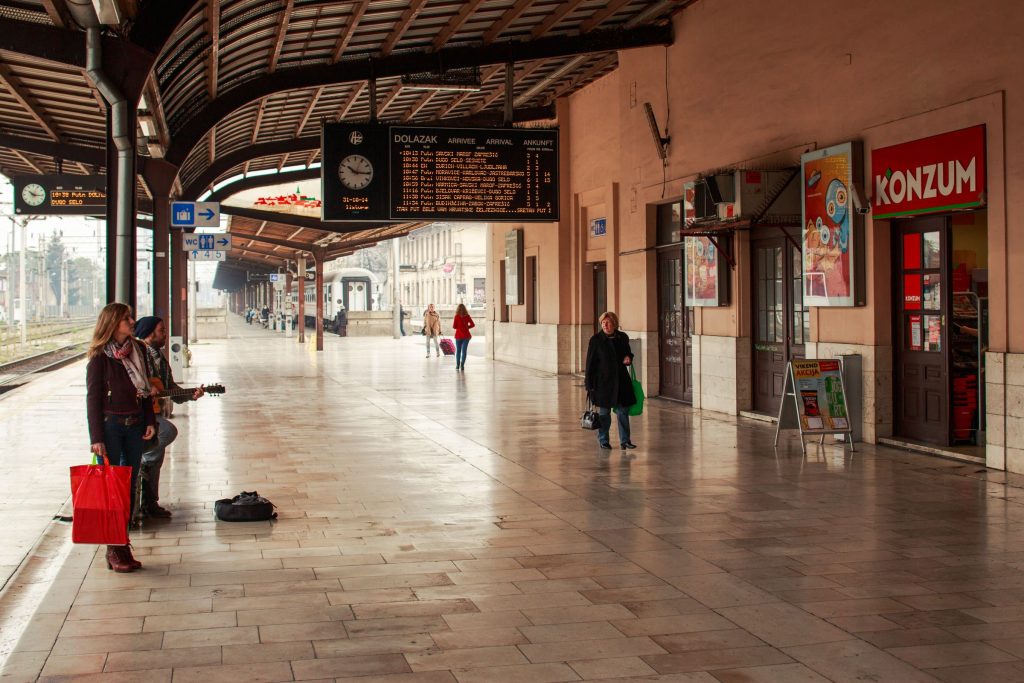As Poslovni Dnevnik/Ana Blaskovic writes, the number one topic which needs to be discussed is demography because Croatia at the very end of the world in terms of demographic trends, warned Marin Strmota from the Faculty of Economics in Zagreb. By combining emigration and population loss, Croatia is losing its working-age population, which has devastating consequences. With the fall in birth rates, Strmota warns, we’re losing 20,000 people a year, and if emigration is added to that account, the Croatian demographic picture is the worst on the planet.
“The most affected countries are Lithuania, Latvia, Romania, Bulgaria and Croatia,” Strmota said. In the last wave of emigration to Ireland and Germany in the last 7-8 years, about 400,000 people with Croatian citizenship emigrated.
“The problem is the age structure, it’s an economic problem. The able-bodied people emigrate, which means that the share of those who pay into the pension and social security system is continually decreasing. Unfortunately, we can’t escape from that, even the most optimistic forecasts don’t see an increase in the workforce happening,” added Strmota.
An additional but pressing issue for the Croatian demographic picture is that the labour market is entered late only to be left very early on, and there is an imbalance of what employers need and the skills and knowledge that Croatian workers have,” added Strmota’s faculty colleague Kresimir Ivanda.
“A fifth of those between the ages of 25 and 29 aren’t working or are looking for work, and the situation is even worse with early retirements after the age of 50 when economic activity is rapidly declining,” he says.
“Croatia has the second shortest working life in Europe, of a mere 33 years, and 78 years is the average life expectancy,” Ivanda illustrated.
“In terms of education and workforce, Croatia is currently where developed countries like Germany were decades ago. Fortunately, or unfortunately, the European Union is a single labour market and young people can apply to work anywhere in the bloc, and Croatia must figure out how to be the best of all to attract workers, and not just be a transit zone to other countries,” he concluded.
For more, follow our lifestyle section.








